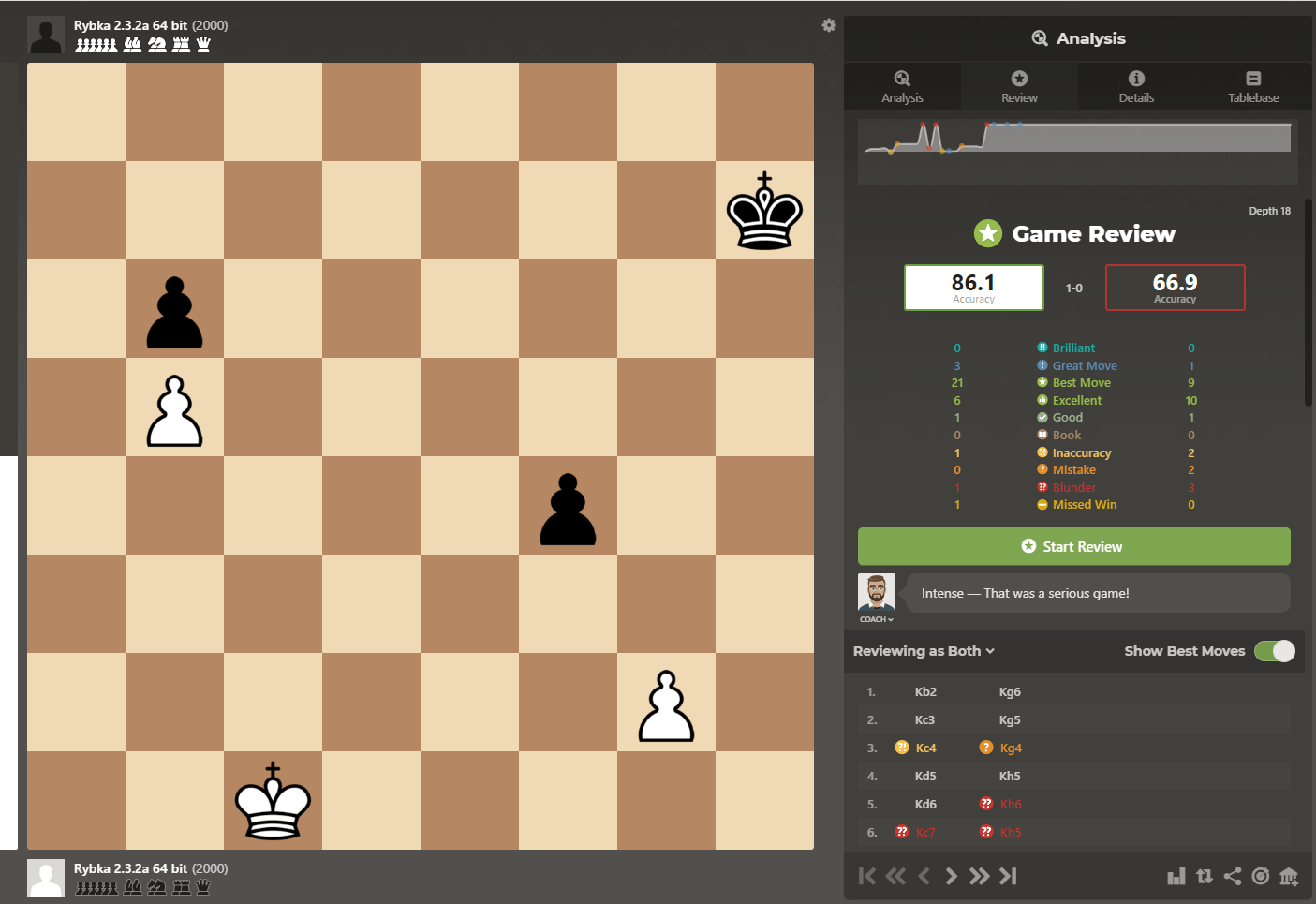Ok so here's my thinking. When Stockfish(or whichever engine chess.com uses) evaluates your games in analysis it has the right idea but not all the time. Now if you were playing a game strictly as a computer for best moves, it would be 100% correct in its evaluation. However as a human it's evaluations aren't correct in the sense that it always finds the best move based on other best moves. Which is not how humans play. We TRY to get best moves, but most of the time we don't, we get just a decent move or a pretty good move. But more importantly overall we're aiming for a very specific strategy as humans, and the computer isn't aiming for that strategy. The computer is always trying to find the best mate in the best line, and we as humans try to find the specific mate we're trying to get which is usually not the same one.
So it's not exactly that the computer's wrong, it's just not always correct in it's evaluations, because it assumes stuff like "if you take this pawn you're up material" instead of "if you leave this pawn it will block the path for 2 moves allowing me to put my rook in another position to eventually get my checkmate".
Within inherent limitations of engines, the best move is objective. You can play something and hope your opponent doesn't find the best line, but there's still a chance they will.
If your move isn't best but is still good, from the engine standpoint, that's a different story. If it evaluates as bad, it really is, though you might get lucky and your opponent won't be able to navigate the complexities ![]()











Ok so here's my thinking. When Stockfish(or whichever engine chess.com uses) evaluates your games in analysis it has the right idea but not all the time. Now if you were playing a game strictly as a computer for best moves, it would be 100% correct in its evaluation. However as a human it's evaluations aren't correct in the sense that it always finds the best move based on other best moves. Which is not how humans play. We TRY to get best moves, but most of the time we don't, we get just a decent move or a pretty good move. But more importantly overall we're aiming for a very specific strategy as humans, and the computer isn't aiming for that strategy. The computer is always trying to find the best mate in the best line, and we as humans try to find the specific mate we're trying to get which is usually not the same one.
So it's not exactly that the computer's wrong, it's just not always correct in it's evaluations, because it assumes stuff like "if you take this pawn you're up material" instead of "if you leave this pawn it will block the path for 2 moves allowing me to put my rook in another position to eventually get my checkmate".